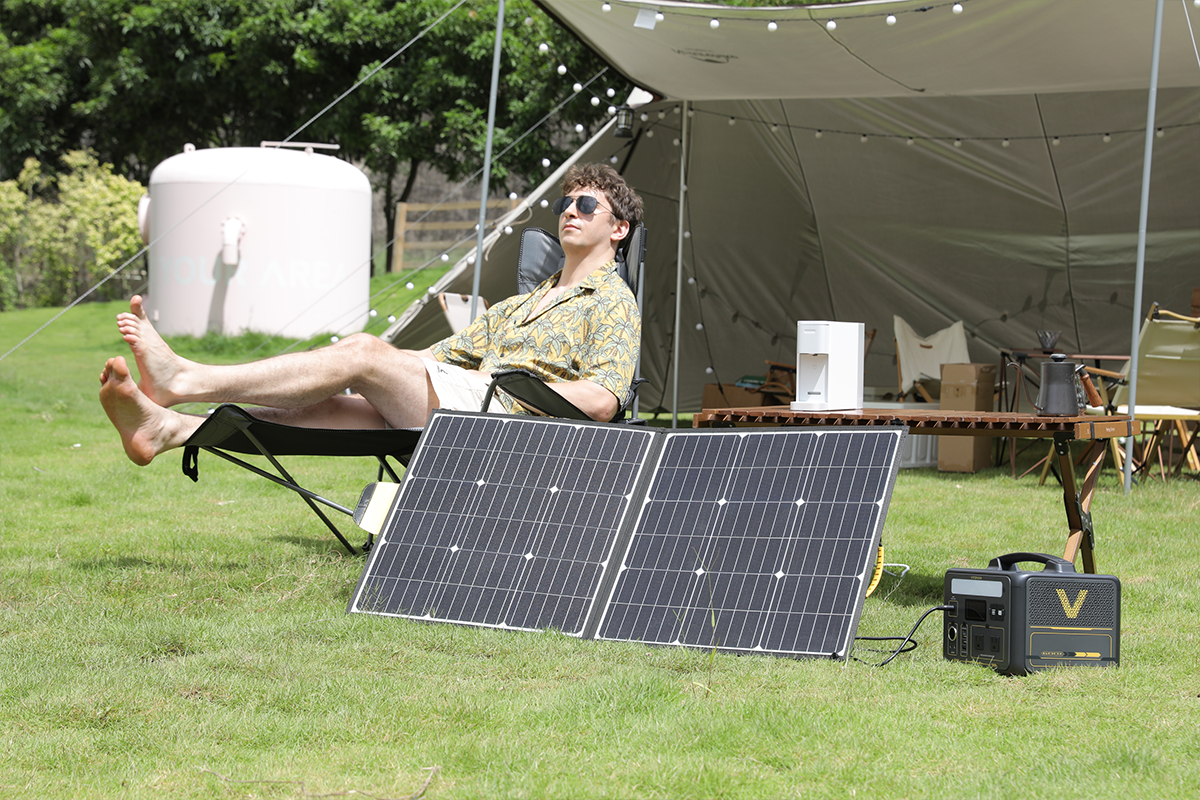When it comes to camping, having a reliable source of power is essential. Whether you need to charge your devices, power your cooking equipment, or run your camping lights, a camping generator can provide the electricity you need. However, choosing the right camping generator can be a daunting task, especially for beginners. In this guide, we will explore the key factors to consider when selecting a camping generator, ensuring you make an informed decision.
Understanding Your Power Needs
Before diving into the world of camping generators, it's important to assess your power needs. Consider the appliances and devices you plan to use during your camping trip. Are you only looking to charge your phone and run a small fan, or do you need to power larger equipment like a refrigerator or an electric stove? By understanding your power requirements, you can determine the wattage capacity you need in a camping generator.
For example, if you only need to charge your phone and run a small fan, a generator with a lower wattage capacity, such as 1000-2000 watts, would suffice. On the other hand, if you plan to power larger appliances, you would need a generator with a higher wattage capacity, such as 3000-5000 watts.
Considering Fuel Options
Another important aspect to consider when choosing a camping generator is the fuel type. Camping generators typically run on gasoline, propane, or diesel. Each fuel type has its pros and cons, so it's important to weigh them against your specific needs.
Gasoline generators are widely available and offer a good balance between affordability and convenience. However, they can be noisy and emit fumes. Propane generators, on the other hand, are quieter and cleaner, but propane can be more expensive and less readily available in remote camping areas. Diesel generators are known for their fuel efficiency and durability, but they tend to be larger and heavier.
Portability and Noise Level
When camping, portability is key. You want a generator that is easy to transport and doesn't take up too much space in your camping gear. Look for generators that are compact, lightweight, and come with handles or wheels for easy maneuverability.
Additionally, consider the noise level of the generator. Camping is all about enjoying the tranquility of nature, so you don't want a generator that disturbs the peace. Look for generators that are specifically designed for camping and have noise reduction features. These generators are typically labeled as "quiet" or "silent" and operate at a noise level of around 50-60 decibels.
Ensuring Safety and Reliability
Safety should always be a top priority when choosing a camping generator. Look for generators that have built-in safety features such as overload protection, low oil shutdown, and spark arrestors. These features help prevent accidents and ensure the generator operates smoothly.
Reliability is also crucial, especially when you're relying on the generator for your power needs in the great outdoors. Read reviews and choose generators from reputable brands known for their quality and durability. This will help ensure that your camping generator will last for many camping trips to come.
Choosing the right camping generator can greatly enhance your camping experience. By understanding your power needs, considering fuel options, prioritizing portability and noise level, and ensuring safety and reliability, you can find the perfect generator for your camping adventures.
